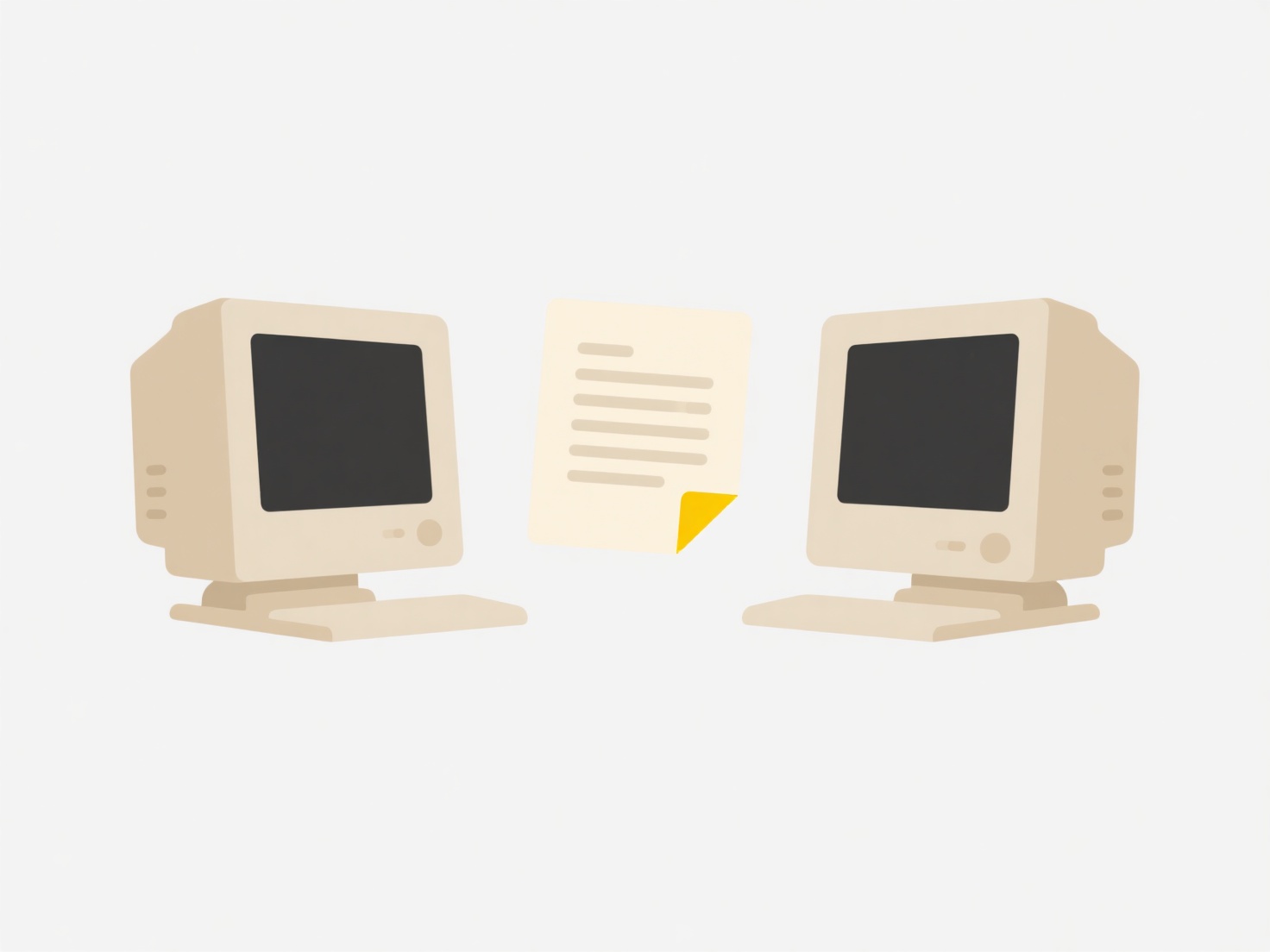
Sharing permissions determine what actions you can take with someone else's file. The owner controls these permissions explicitly. When they share a file "view-only," it means you can look at the content but not download, copy, or edit it directly. Exporting is a transfer action requiring "editor" or "owner" level permissions to initiate, as it creates a separate copy outside the platform's control.
For example, in Google Docs, a document shared with "Viewer" permissions only allows reading within the browser; you won't see a "File > Download" option. Similarly, on platforms like Dropbox or SharePoint, users sharing files can restrict downloads by enabling "view-only" links. Industries like legal or design often use these restrictions to prevent uncontrolled distribution of sensitive drafts or intellectual property.

This restriction protects intellectual property, confidentiality, and data integrity by preventing unauthorized copying. While it limits convenience for collaborators needing local copies, it helps owners manage versions and comply with regulations. Ethical concerns arise around fair collaboration hurdles, but tools are evolving towards granular controls like watermarking PDF exports or time-limited downloads as balanced alternatives.
Why can’t I export someone else’s shared file?
Sharing permissions determine what actions you can take with someone else's file. The owner controls these permissions explicitly. When they share a file "view-only," it means you can look at the content but not download, copy, or edit it directly. Exporting is a transfer action requiring "editor" or "owner" level permissions to initiate, as it creates a separate copy outside the platform's control.
For example, in Google Docs, a document shared with "Viewer" permissions only allows reading within the browser; you won't see a "File > Download" option. Similarly, on platforms like Dropbox or SharePoint, users sharing files can restrict downloads by enabling "view-only" links. Industries like legal or design often use these restrictions to prevent uncontrolled distribution of sensitive drafts or intellectual property.

This restriction protects intellectual property, confidentiality, and data integrity by preventing unauthorized copying. While it limits convenience for collaborators needing local copies, it helps owners manage versions and comply with regulations. Ethical concerns arise around fair collaboration hurdles, but tools are evolving towards granular controls like watermarking PDF exports or time-limited downloads as balanced alternatives.
Quick Article Links
How do I update or refresh search results?
Refreshing search results means updating displayed information to show the most current matches for your original query....
Why can’t I play this .mp4 file?
An MP4 file is a container format that holds video and audio streams encoded with different compression standards, calle...
How do I visualize folder activity over time?
Folder activity visualization tracks file system changes over time, displaying when files were created, modified, access...